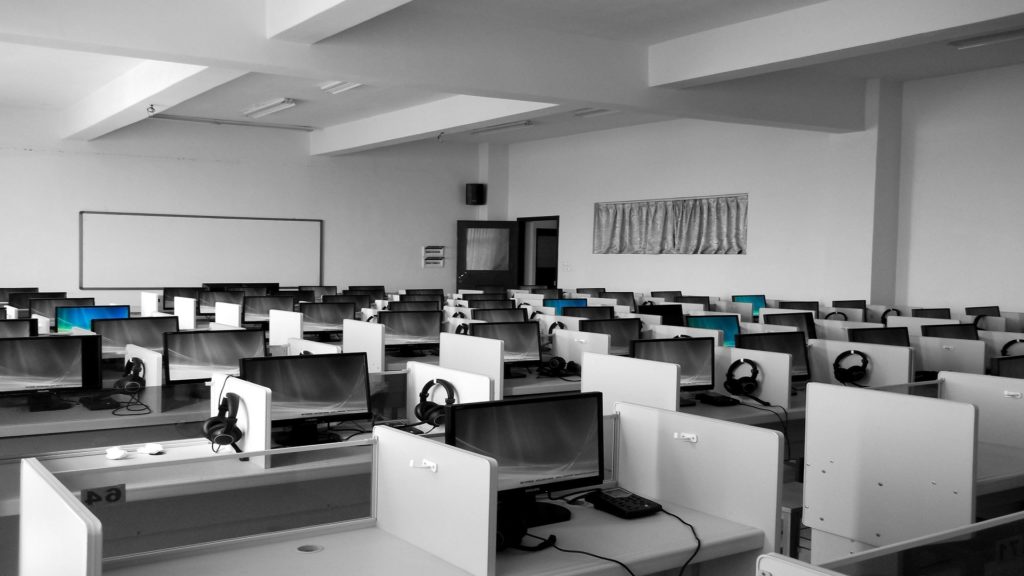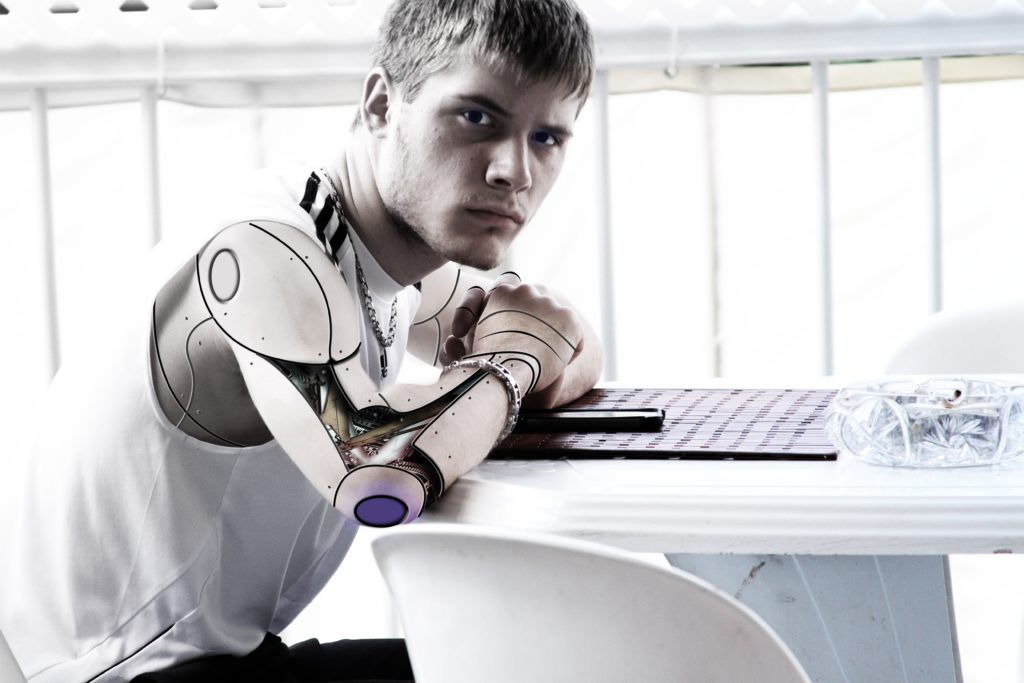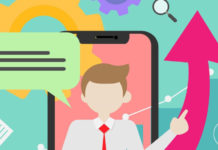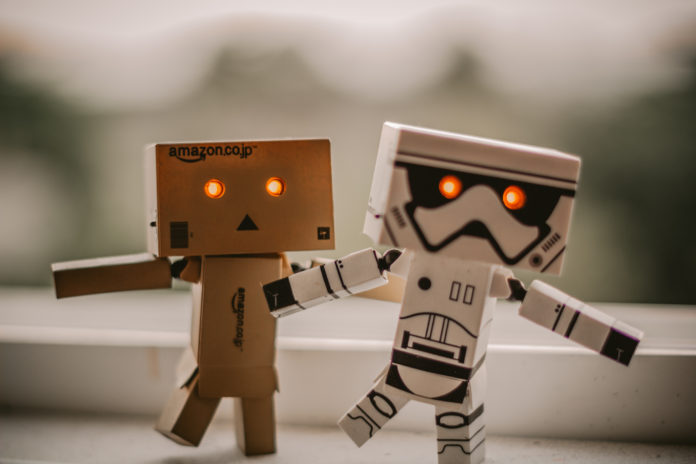Whenever people talk about Artificial Intelligence, their first thought goes to SF movies and robots taking over the planet, but things are not like that actually. In fact, for some years now, Artificial Intelligence has been used in many industries and domains, and one of the best examples is education. Of course, these two together will always stir up controversies and generate intense discussions. While some people believe that AI will change for the better the way we know education today, others don’t share the same opinion, and think exactly the opposite. By taking a look at what’s already happening in some schools around the world, who have embraced AI, it can be said that the era of seeing teachers being replaced by robots is way too far. Below, you will find some of the most useful and interesting roles that AI could have in the education system.

The automation of basic activities
Being a teacher is one of the most time-consuming and energy-consuming jobs. Besides going to school for several hours a day and teaching students various subjects, teachers also have to spend a great deal of time before and after the classes. They have to prepare the lessons they are going to deliver the following days, they have to prepare the tests, they have to grade each test and homework and many other similar activities that require not only a lot of time, but also paying a lot of attention, regardless of the year of study students are in. Some of these basic activities can actually be handed over to AI and the best example here is grading tests and homework. Teachers can now automate grading for tests that contain fill-in-the-blank or multiple-choice exercises. In the near future, they will also benefit from software that can grade even essays, regardless of the argumentative essay topics for college or high school they may give their students.

Individualized learning is becoming more attainable
Many scientists agree that individualized learning can have a huge impact on children’s education. With the aid of AI, this can actually become possible in the near future. Whether your child is in kindergarten or in high school for instance, they can have access to numerous adaptive learning programs, software and interesting games. These systems are meant to respond to each student’s needs, considering the student’s interests in certain topics and, more importantly, everything is done at student’s own pace. This can be a great solution for classmates that are at different levels.
AI tutors offering the needed additional support
There are students who have a lower pace when it comes to acquiring new skills or set of information. Most of the times, even though they work with private tutors and are trying to keep up with their classmates, the time they spend with their tutors may be insufficient to fulfil their needs. Also, it’s impossible for tutors to spend 24 hours a day with one student only. This is where Artificial Intelligence comes in. These students can get the additional support they need so much utilizing AI tutoring programs. Although, it is worth mentioning that until now, these programs are not the best choice for those interested in developing creativity and learning high-order thinking.

Computer-assisted instruction systems – benefits and limitations
In the past few years, technology has evolved so much that computer-assisted instruction systems (shortly known as CAI systems) have become real. While they are clearly revolutionizing education, these systems come with a series of limitations that scientists are constantly trying to eliminate as much as possible:
- Up until now, there hasn’t been figured out how can a CAI system conduct a conversation with students in their natural’s language.
- Scientists have noticed that these systems are incapable of understanding the subject they are being taught the same way humans do, and for this reason, these systems aren’t able to accept responses from students they didn’t anticipate.
- CAI systems are unable to decide what exactly students should be taught next.
- They are also unable to understand, diagnose or anticipate students’ misconceptions and mistakes.
- Last but not least, they aren’t able to improve the teaching strategies they have been built with, modify them or even learn some new ones.
Due to these limitations, it can be stated that AI is still being developed. Chances are that it won’t take long until AI will become part of the education system and will be considered a natural aspect of people’s lives. Therefore, teachers can rest assured that they won’t be replaced by robots in the near future, but rather be assisted by these AI systems and helped in becoming better at teaching.

Final thoughts
It’s generally agreed that Artificial Intelligence can provide significant contribution not only in the domain of education, but also in science, medicine and many more. However, it may take a few years from now until people stop fearing AI, consider it a necessity and implement it in their day-to-day lives.




































